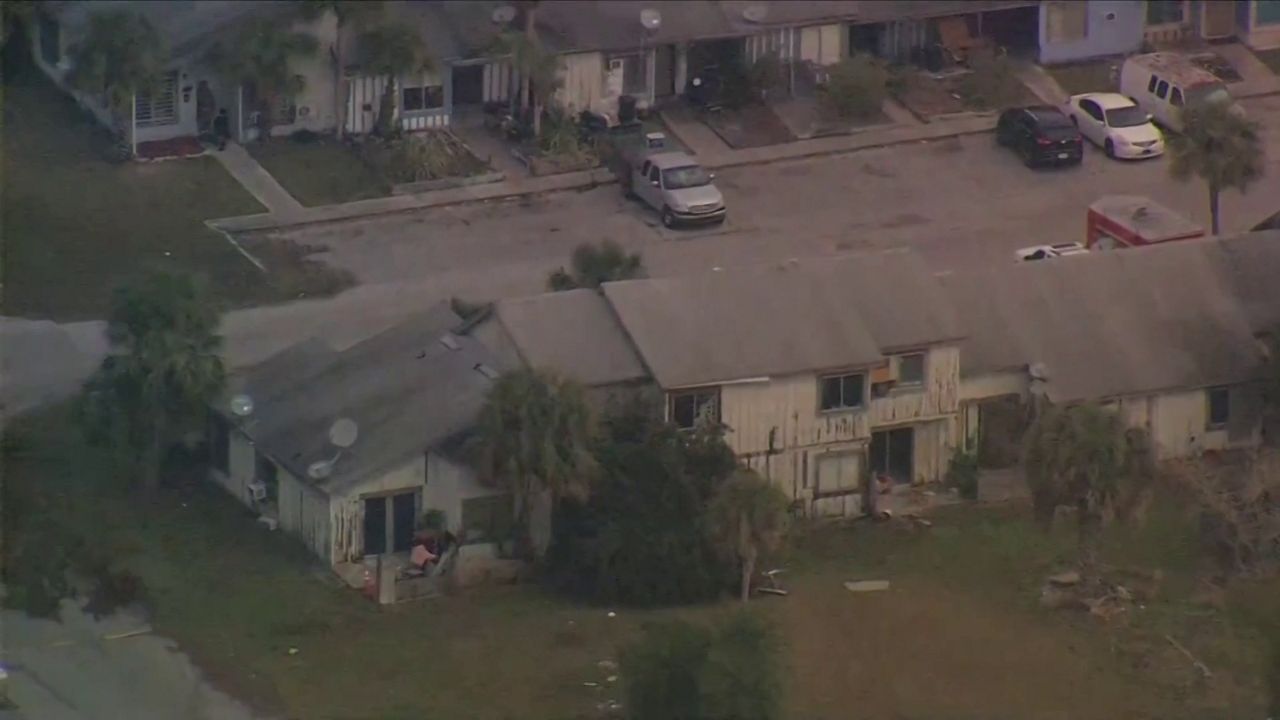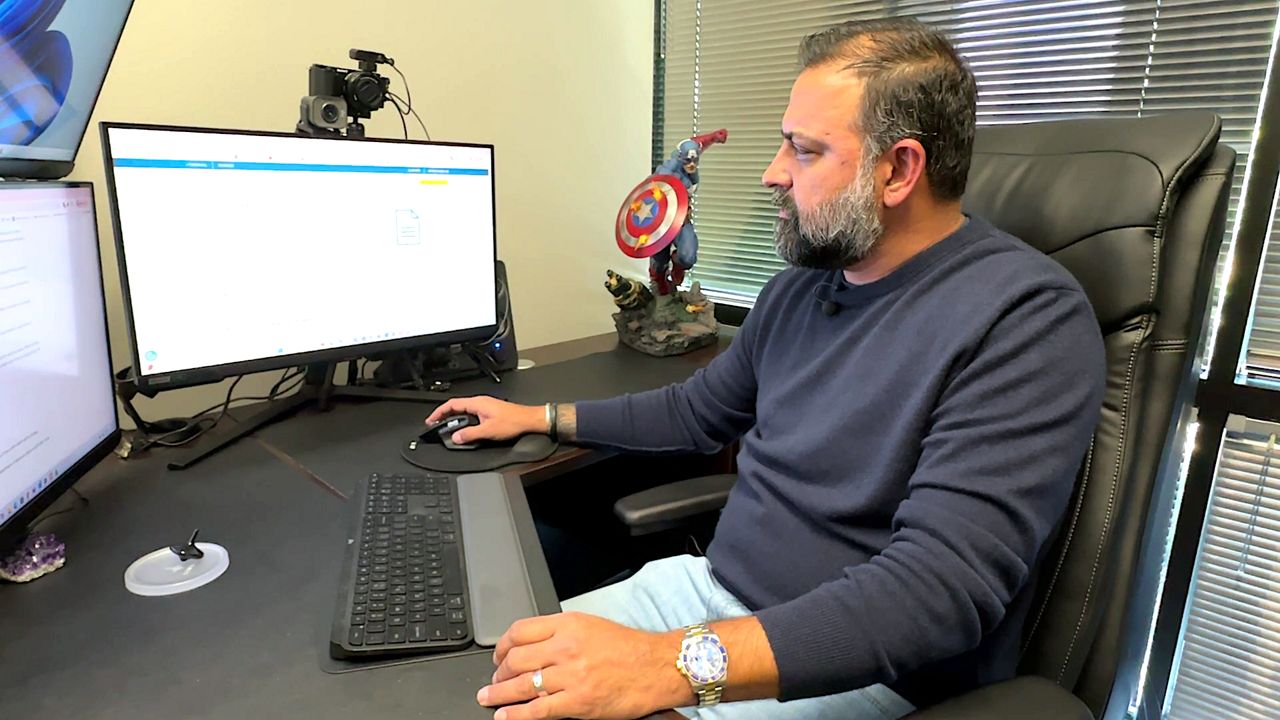ORLANDO — The city of Orlando on Tuesday opened its online application portal for emergency rent assistance, making $8.6 million in federal funding available for city residents adversely impacted by COVID-19. The program, designed to prioritize lower-income households, pays up to twelve months in back rent to an eligible tenant’s landlord.
What You Need To Know
- The city of Orlando opened its online application portal for emergency rent assistance Tuesday
- $8.6 million in federal funding is available for city residents impacted by COVID-19
- More: Information and application for Orlando Rental Assistance Program
The city aims to distribute all funds during the next 90 days, Orlando City Mayor Buddy Dyer told Spectrum News Tuesday.
“Go ahead and apply now," he said. "Don’t wait."
This latest batch of federal rent assistance won’t be the last. The city anticipates receiving an additional $6.8 million per the U.S. Treasury, which recently announced nine “enhanced policies” to strengthen and improve local emergency rent assistance programs.
These new policies don’t apply to the city’s current program that opened today. The Treasury’s new rules will affect forthcoming federal monies allocated to the city and other local governments from the American Rescue Plan.
Among the new policies is a requirement for local programs to offer assistance directly to tenants, if landlords choose not to participate. Landlord cooperation has been a significant barrier to successfully administering rent assistance, according to a survey of 220 local rent assistance programs across the country. That study found that while 98% of programs required tenants to apply for rent assistance, more than 90% of programs required payments to be made to landlords, not tenants.
The Treasury’s new policies respond to that challenge, with the aim of getting aid to more renters, more quickly and directly.
“Many landlords are working with tenants in good faith to secure aid and pay off rental debts. However, it is unacceptable to allow Americans to suffer eviction or homelessness simply because some landlords are turning down Federal aid on their behalf,” the Treasury’s fact sheet reads.
For his part, local property manager Chris Bright agrees that both landlords and tenants could stand to be more proactive when it comes to seeking help during the pandemic.
“I do think if landlords and owners are a little more proactive with their tenants and working [with] them, if they know about a program, letting their tenants know, that could help,” Bright said.
On the other hand, tenants also need to communicate openly with their landlords about assistance programs they may be eligible for.
Bright, who owns Best Orlando Property Management, said the pandemic has challenged everyone — including landlords — to be more empathetic.
“Pre-COVID, it was mostly just rent collection and maintenance,” Bright said of his duties as a property manager.
Now, faced with story after story of economic hardship, landlords have had to develop “a pot of empathy,” in Bright’s words, to help their tenants find solutions. That becomes a bigger issue for property owners who don’t live near the properties they rent out, Bright said.
“If you don't see a person physically, you can say a lot and be a lot tougher on the phone and via email, versus somebody that's more local that has to physically go and talk to these people,” Bright said.
Bright pointed out that landlords who don’t live in the area may not be aware of local assistance programs like the city’s, and so tenants living in those properties must be much more proactive.
Molly Duerig is a Report for America corps member who is covering Affordable Housing for Spectrum News 13. Report for America is a nonprofit national service program that places journalists in local newsrooms to report on undercovered issues.









